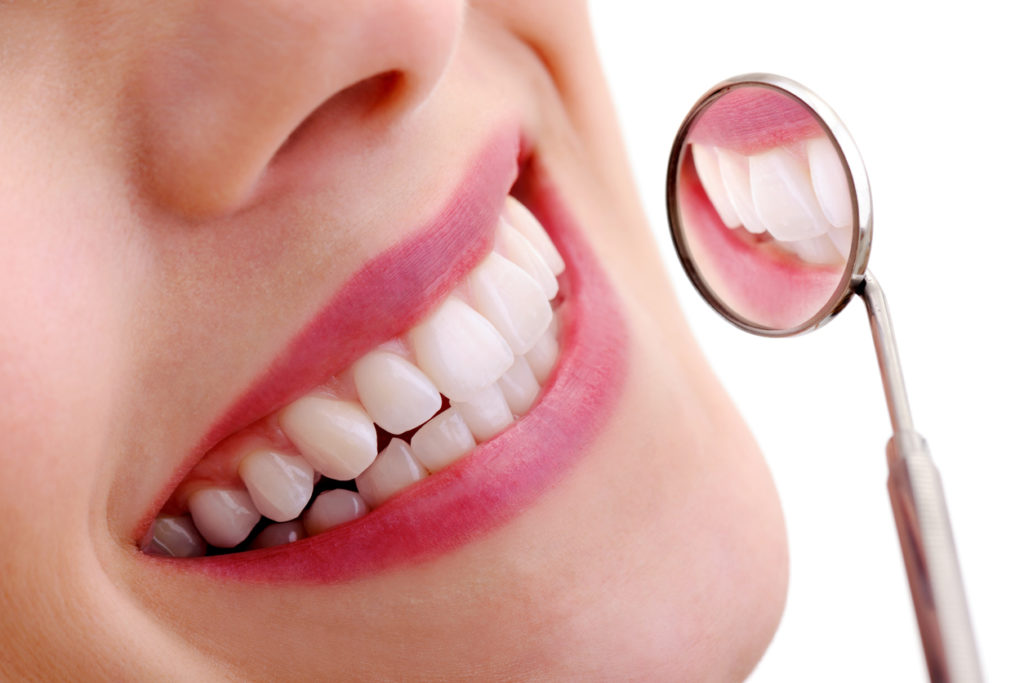When to See our Dentist for Toothache: Signs You Shouldn't Ignore- Puri dentistry Oxnard
Discover the signs that indicate it's time to see a dentist for your toothache and why these symptoms should not be ignored.
Understanding the Causes of Toothache
Toothaches can have various causes, ranging from dental issues to other underlying health conditions. The most common cause is dental decay, which occurs when bacteria in the mouth produce acids that eat away at the tooth enamel. Other causes include gum disease, tooth fractures, dental abscess, and teeth grinding. Understanding the causes of toothache is crucial in determining the appropriate treatment and preventing future episodes of pain.
Recognizing the Warning Signs
Recognizing the warning signs of a toothache can help you seek timely dental care and prevent further complications. Common symptoms include persistent or throbbing tooth pain, sensitivity to hot or cold temperatures, swollen gums, bad breath, and a bitter taste in the mouth. Additionally, you may experience difficulty chewing or biting, as well as pain that radiates to the jaw or ear. If you notice any of these warning signs, it's important to schedule an appointment with our office 805-483-9537 Puri Dentistry as soon as possible.
The Importance of Seeking Dental Care
Seeking dental care for a toothache is essential for several reasons. Firstly, a toothache can indicate an underlying dental problem that requires professional treatment. Ignoring the symptoms may lead to further damage and complications. Secondly, our dentist can accurately diagnose the cause of your toothache and recommend appropriate treatments. They may perform a thorough examination, take dental x-rays, or perform other diagnostic tests to determine the best course of action. Lastly, timely dental care can provide relief from the pain and discomfort associated with a toothache, improving your overall quality of life.
Common Treatments for Toothache
The treatment for a toothache depends on the underlying cause. In cases of dental decay, our dentist may recommend a dental filling or a root canal procedure to remove the infected pulp and restore the tooth. If the tooth is severely damaged or infected, an extraction may be necessary. For gum disease, professional cleaning and scaling may be performed to remove plaque and tartar buildup. In some cases, antibiotics may be prescribed to treat an underlying infection. Our dentist will tailor the treatment plan to your specific needs, ensuring effective pain relief and long-term oral health.
Preventing Future Toothaches
Preventing future toothaches involves practicing good oral hygiene habits and maintaining regular dental check-ups. Brush your teeth at least twice a day with fluoride toothpaste, floss daily, and rinse with an antimicrobial mouthwash. Avoid sugary foods and drinks, as they can contribute to tooth decay. Wear a mouthguard if you engage in activities that may pose a risk of dental injuries, such as contact sports. Additionally, visiting our office at Puri dentistry, every six months for routine cleanings and examinations. These preventive measures can help reduce the risk of toothaches and maintain optimal oral health.



